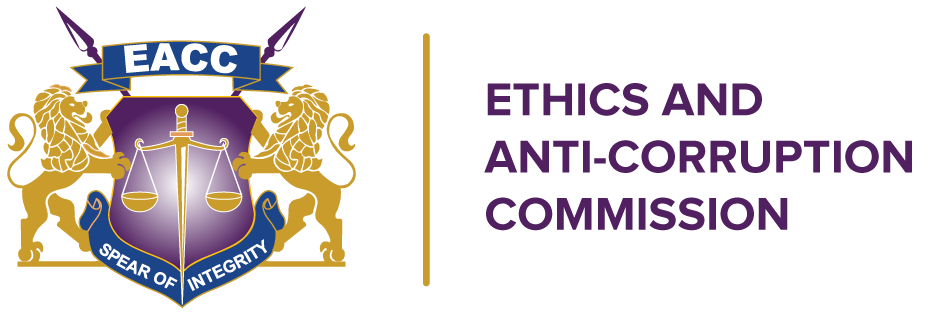Frequently Asked Questions
Share this page
As a Constitutional Commission, EACC is an independent body which reports only to Parliament. In the performance of its functions, EACC is not subject to the direction or control of any other person or authority.
The broad functions of EACC are to investigate and recommend appropriate action for corruption and unethical conduct; prevent the occurrence of corrupt practices; educate the public and enlist their support in combating corruption; recover public property acquired through corruption; and conduct mediation, conciliation and negotiation. In addition, EACC is mandated to promote ethics and oversee the development and enforcement of Codes of Conduct for State and Public Officers.
EACC is headed by the Chairperson who works with four other Commissioners, one of whom is the Vice Chairperson. There is also the Secretary to the Commission who is the Chief Executive Officer charged with the day to day administration and management of the Commission’s programmes and activities.
EACC is the lead government agency in the fight against corruption and the promotion of ethical standards, good governance, leadership and integrity in Kenya.
The Ethics and Anti-Corruption Commission (EACC) is a public body established under Section 3(1) of the Ethics and Anti-Corruption Commission Act, 2011 which was enacted in accordance with Article 79 of the Constitution of Kenya. EACC replaced Kenya Anti-Corruption Commission (KACC).
Not found what you were looking for?
Write to us or call us on our toll free number
